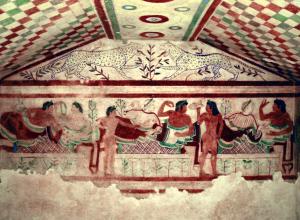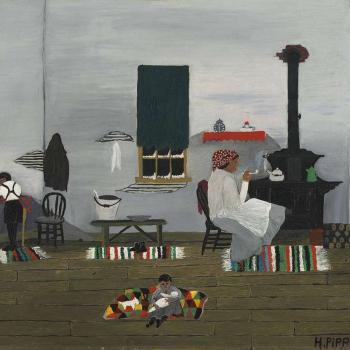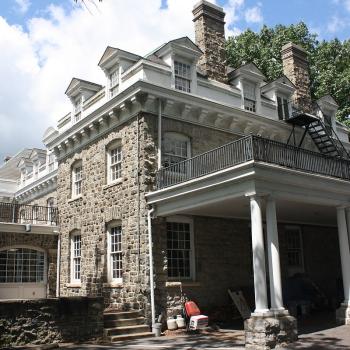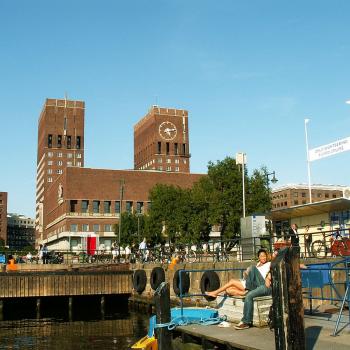
As of late, I’ve seen a few discussions of modern college education on both Twitter and Facebook. The positions I’ve seen many people take really alarm me. I’m not talking about the (at this point expected) position taken by many older, more-conservative Catholics, that young people should mostly go to trade school and not worry about sinking their and their parents’ money into fancy degrees. No. What I’ve seen has been Left-leaning, young, orthodox Catholics arguing that the freshman college students should only worry about equipping themselves for the job market. Student loan debt has crippled too many. It is, they say, some Boomer fantasy that we can all be whatever we want. Better to be ready to support a family than to waste one’s time on dreams.
I don’t deny that student loan debt is out of control; I don’t deny that this is making it harder to form stable family units. I have no illusion about the horror that is American tertiary education, with its ballooning bureaucracies and near-total subservience to the logic of the market. All of this disturbs me. That said, I reject the proposition that the appropriate Christian response to this state of affairs is surrender to the capitalist forces these people claim to oppose. I may not have an easy, all-encompassing answer to the problem, but I do know that capitulation is no adequate response.
Some choose to defend liberal education for its marketable benefits. And it is I true that, in most fields, the degree you get makes little difference. Humanities majors do as well on the job market as most others. Maybe there is something to “critical thinking,” as nebulous as the term often sounds (and as ubiquitously as it is often used). As any businessperson or academic will tell you, much comes down to who you know and how well you network. This is essentially enough to rebut these arguments.
Even taking this tack, however, may surrender too much. It may treat human persons as value-maximizing worker-units, whose primary worth lies in employment and not more-essential human dignity; it argues with the market on its own terms. Is this the Catholic way? Perhaps it has its value as a tool for evangelization, but it yields quite a bit to the capitalist intrusions such people claim to oppose.
Maybe these students will find time to study on their own, some say. The whole problem, however, is that labor has become crushing. Real wages have stagnated; hours are effectively going up. There are myriad distractions poised to take away the half-hour employees get between working, eating, commuting, and the rest (and that’s assuming they’re single!). The Christian approach to this question must try and obviate against the soul-crushing nature of much modern work, whether white- or blue-collar.
This brings me to, perhaps, what most rubs me the wrong way about this view: it has a built-in class component. Student loan debt crushes, but one’s only choices are not trade school, Princeton, and Hampshire. There are plenty of fairly-affordable options, be they community colleges, state schools, or other reduced-cost options. Most students do not attend ultra-expensive, ultra-selective colleges. My fiancée, for example, currently attends a public school with fairly-reasonable tuition. She majors in environmental science and minors in German and anthropology. Only one of these is “useful” (and even then, science degrees do not correlate directly to employment). Yet, she enjoys these other subjects. They have opened up doors to life-long learning and have introduced her to concepts she deploys in other facets of her life. In other words, they are enriching her life and thereby enhancing her dignity, making her stressful college experience a bit more enjoyable while broadening her mind. They aren’t costing her extra money and do little besides make life more tolerable and rich.













